
What Is Sedation Dentistry? A Complete Guide to Comfortable Dental Care
Many people avoid dental treatment because they fear pain or feel anxious about dental procedures.…
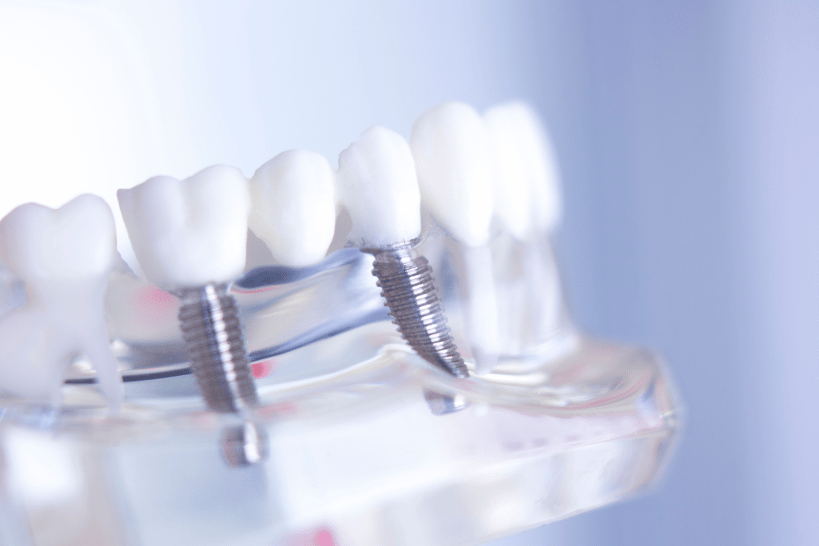
How Often Do Dental Implants Need to Be Replaced?
If you’re considering dental implants in the Dayton area, you’re probably wondering one big question:…

Periodontist vs Dentist: What’s the Real Difference?
General dentists handle routine dental care, while periodontists treat advanced gum and bone problems. Both…
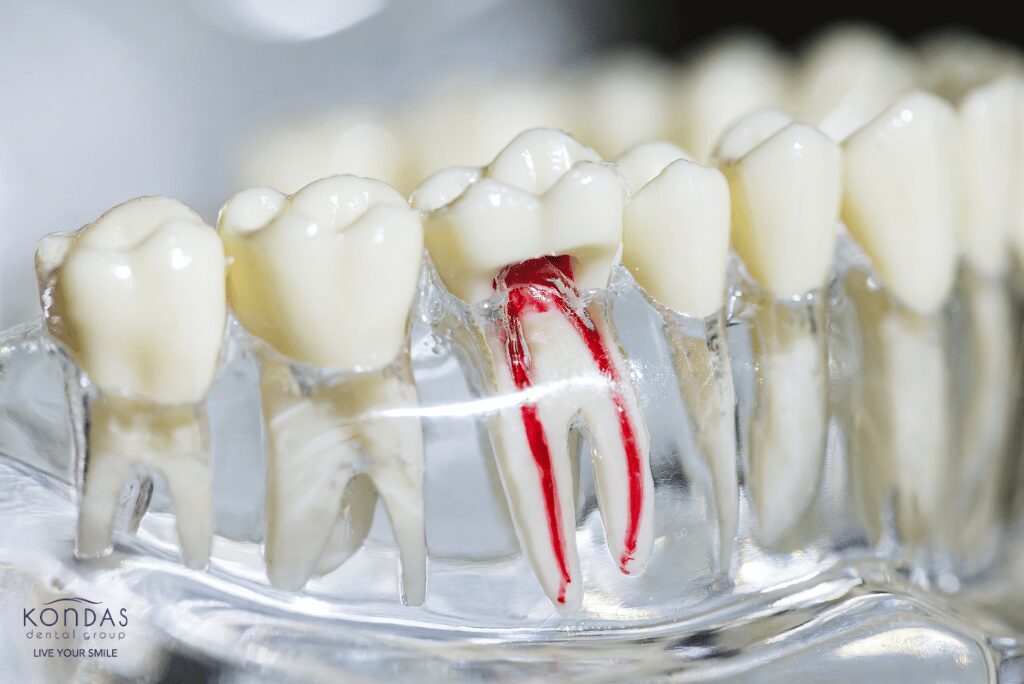
How Long Do Root Canals Last?
A root canal can last 10 to 15 years, and in many cases, even a…
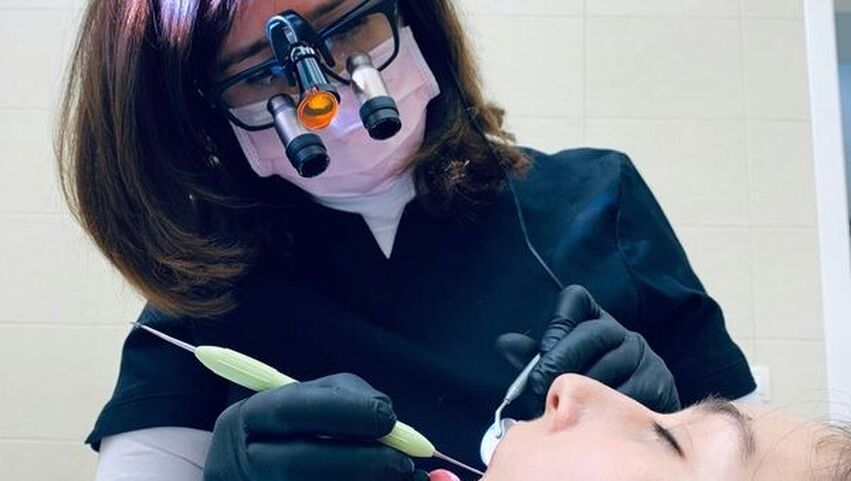
Behind Every Healthy Smile: The Essential Role of Dental Hygienists in Oral Health Care
While dentists play a crucial role in diagnosing and treating dental problems, dental hygienists are…
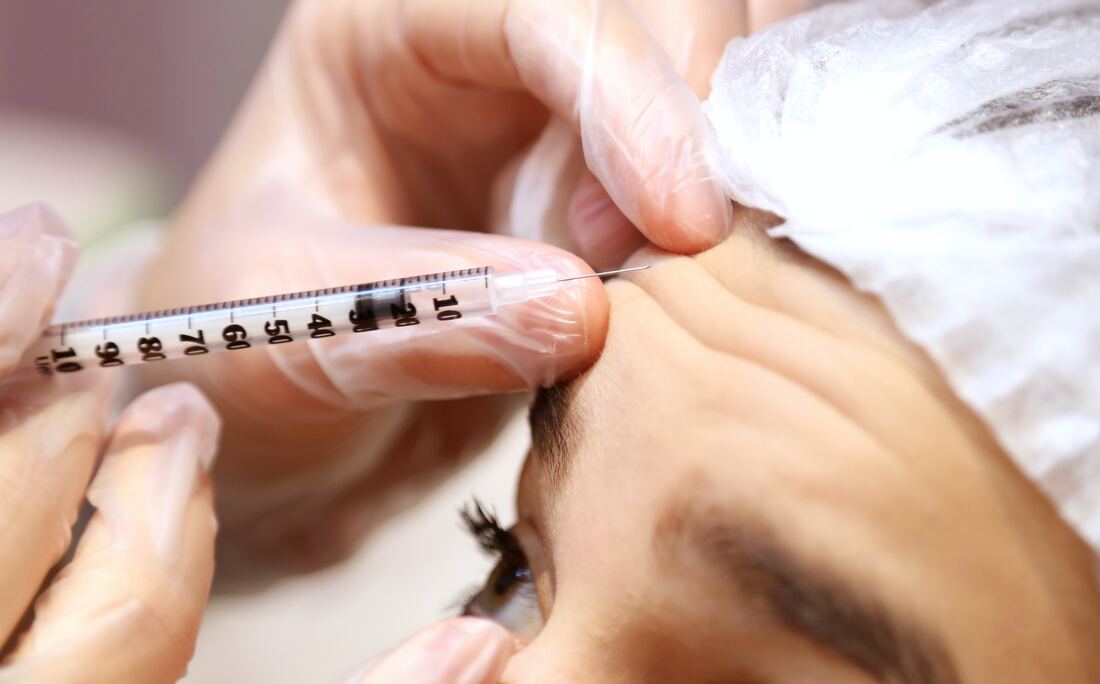
Unlocking Beauty: Beyond Wrinkles – The Versatility of Botox
In the world of cosmetic treatments, Botox has long been celebrated for its ability to…
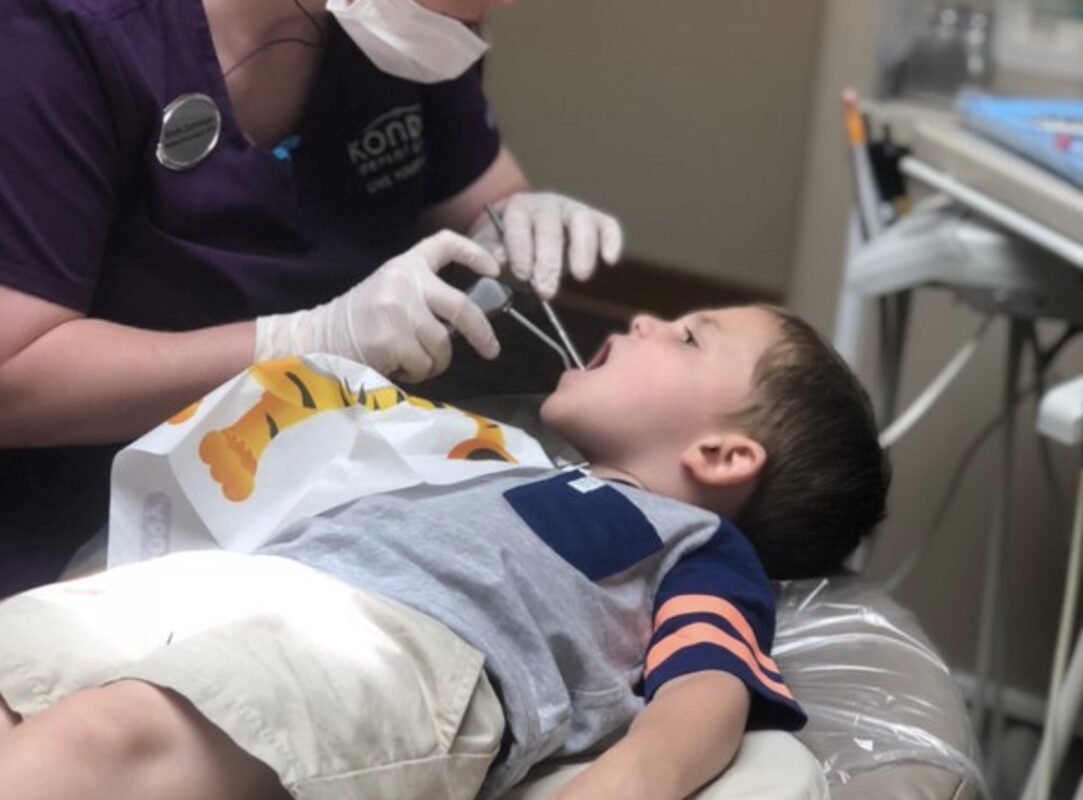
The Importance of Pediatric Dental Care: Setting the Foundation for a Lifetime of Healthy Smiles
As parents, we want the best for our children, and that includes ensuring their oral…

Celebrating National Doughnut Day: A Sweet Treat for Your Dental Health
National Doughnut Day is just around the corner, and while it may seem counterintuitive for…

The Benefits of Botox for Anti-Aging: A Dental Clinic’s Perspective
How Botox Injections Provided by a Dental Professional Can Help You Achieve a More Youthful…

Keeping Your Oral Health in Check While Celebrating St. Patrick’s Day
Tips to Ensure Your Smile Stays Healthy During the Festivities As St. Patrick’s Day approaches,…

Tips for Drinking Responsibly and Maintaining Oral Health on National Margarita Day
Margarita Day: How to Enjoy the Drink and Take Care of Your Teeth Drink plenty…
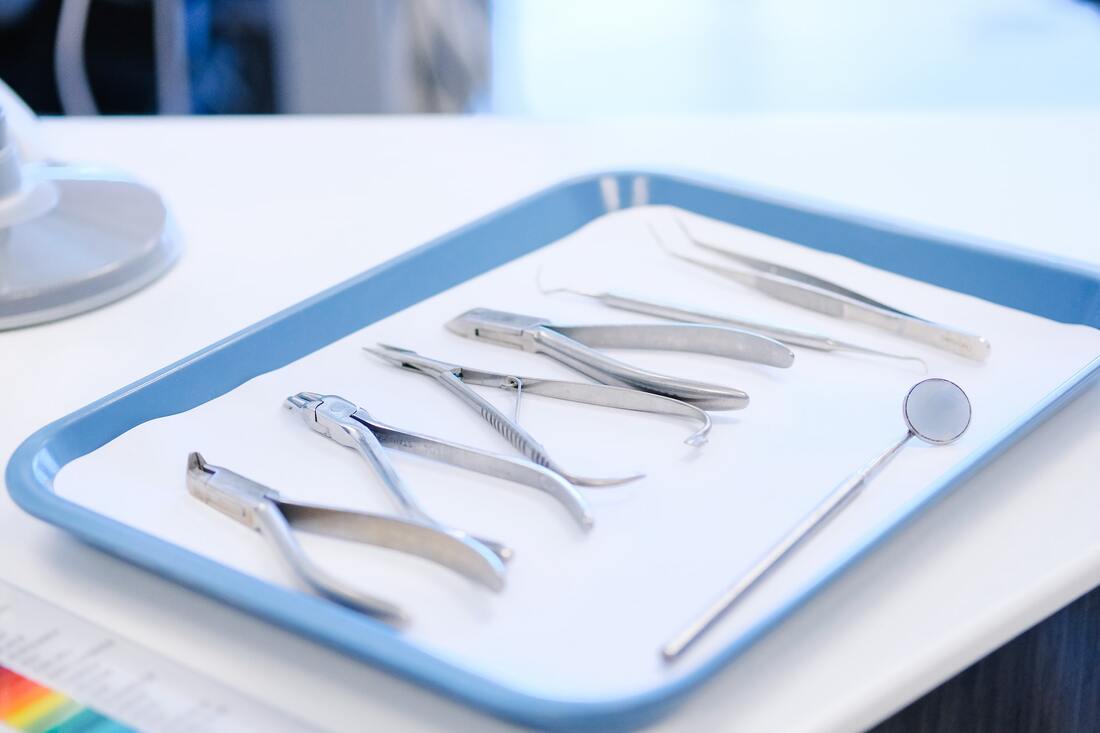
Why Choosing a Private Dental Practice Matters: The Benefits of a Non-Corporate Owned Office
The Benefits of Choosing an Independent Dental Practice: Why Going Corporate Isn’t Always Better Dental…
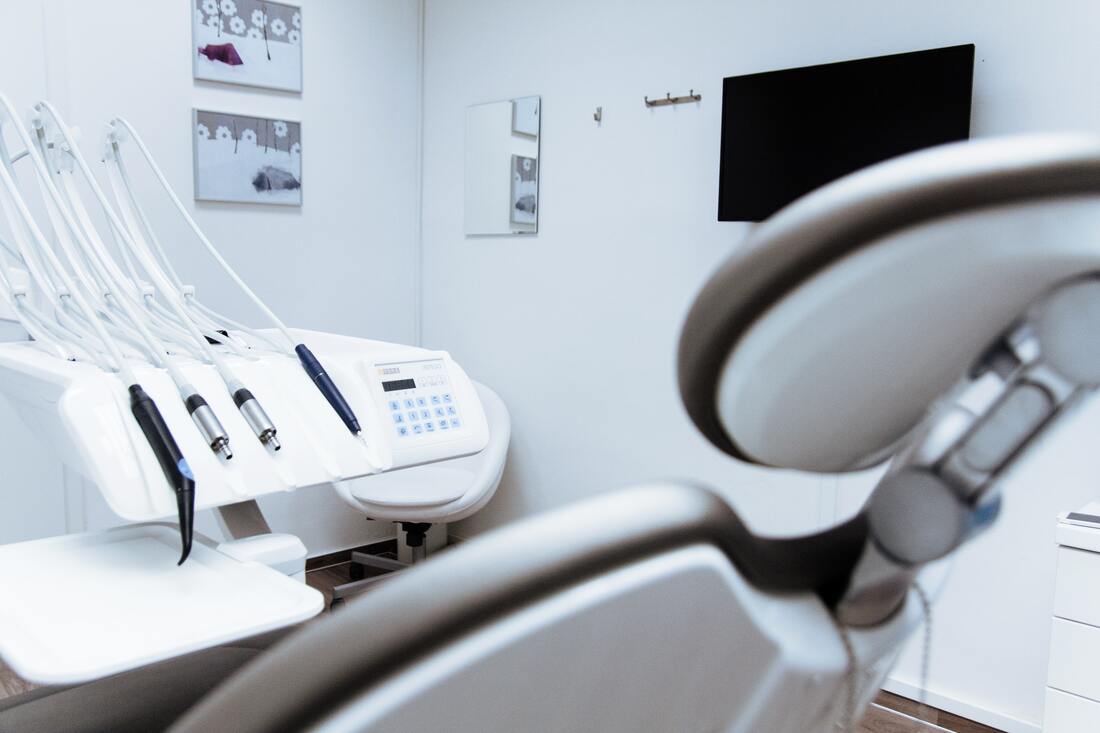
Dental Fear and Anxiety: How Our Practice Can Help You Overcome It
Understanding the causes and effects of dental fear and anxiety, and how our practice can…
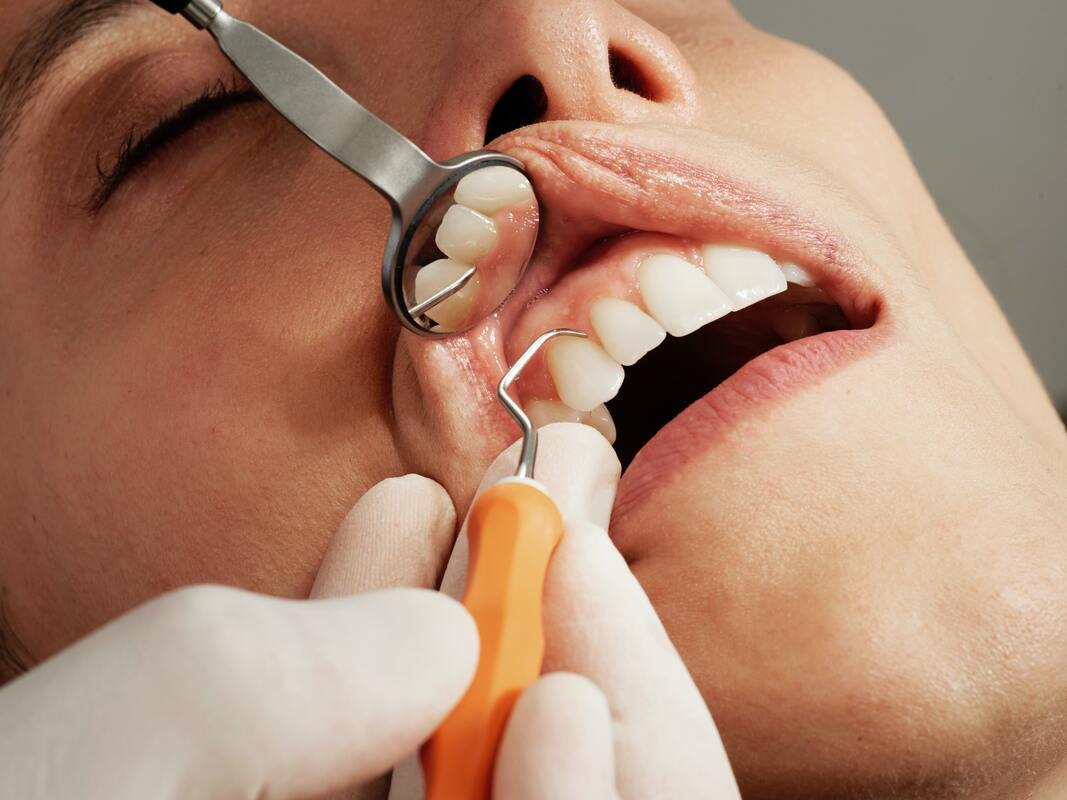
The Importance of Regular Check-ups: How they can Save Your Smile
Don’t let your dental health slip! Regular check-ups can help keep your teeth and gums…

Good oral health reduces risk of fatal outcomes from COVID-19
Gum disease linked to increased rates of complications, hospitalization, and death among patients with severe…